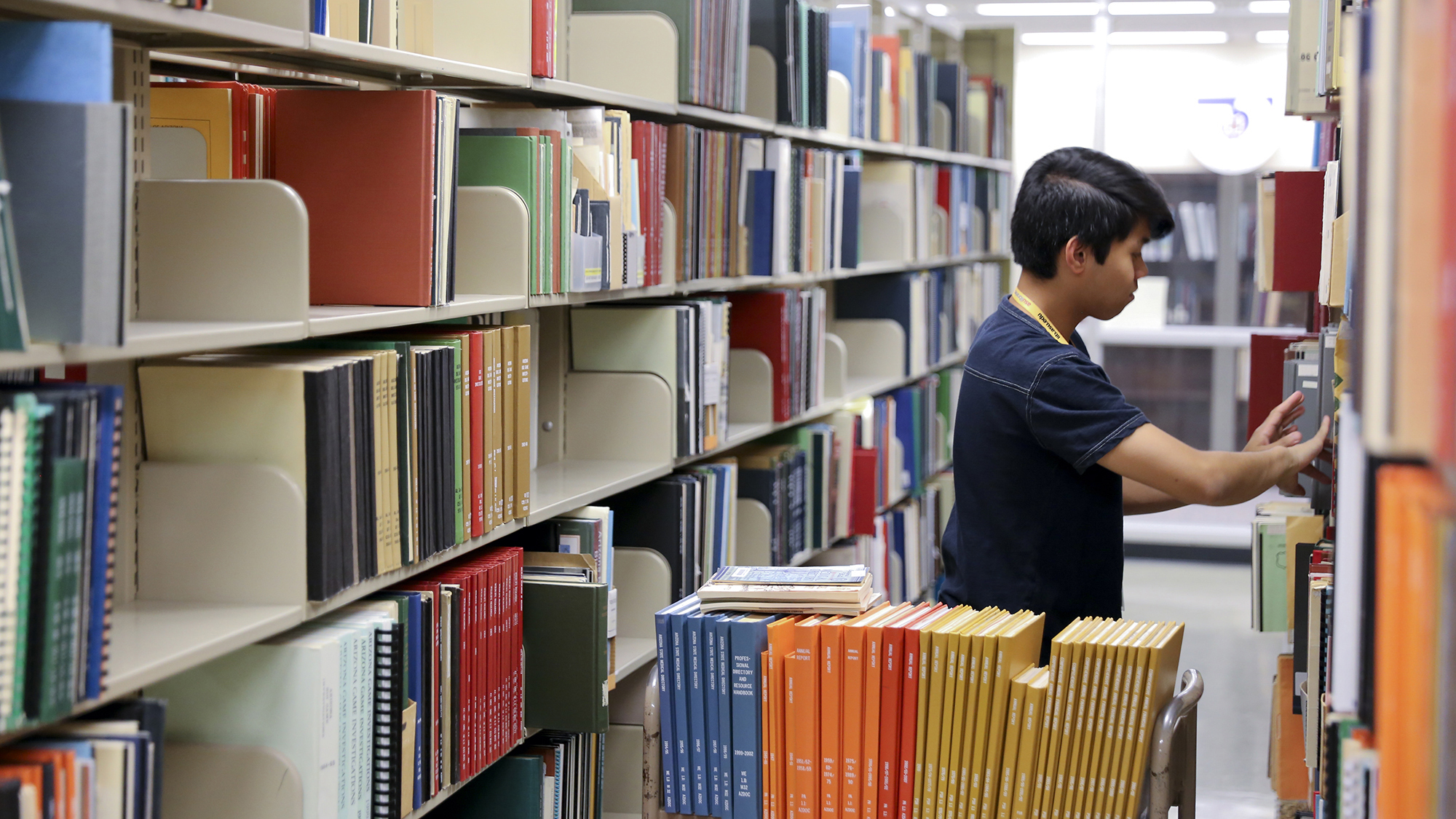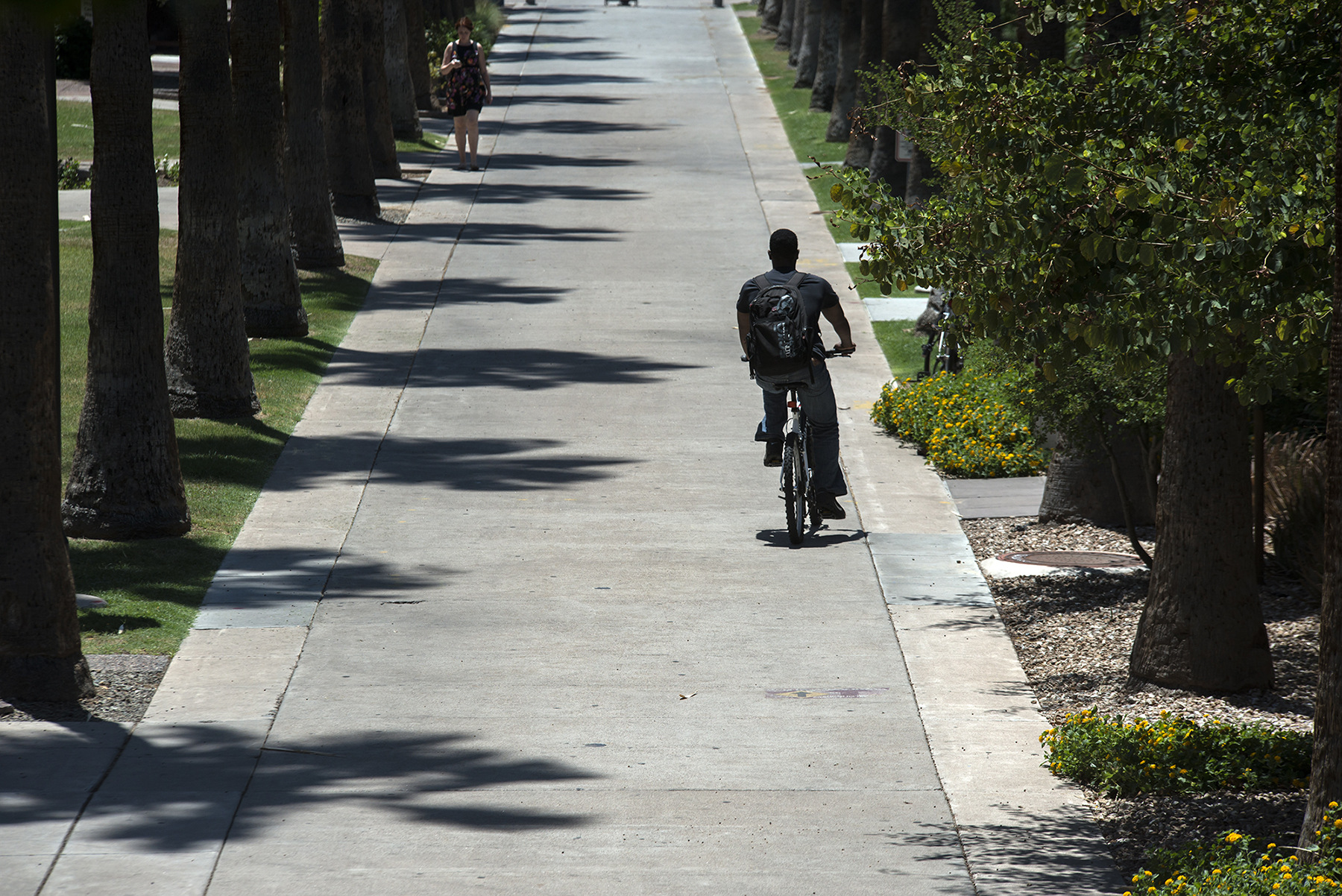PHOENIX – Students at Rollins College in Florida are designing custom “I voted” stickers for absentee voters. Across the country, the University of Southern California has partnered with county officials to host voter registration events with prizes, games and free food. And at the University of Wisconsin-Madison, the student government plans campuswide voter registration drives as well.
Sections
Across the country, groups and organizations promoting civic engagement among college students have spent hundreds – if not thousands – of hours trying to galvanize this large, yet often elusive group of potential voters.
The Campus Vote Project, one of the most prominent college voter outreach groups, has launched an initiative to establish “voter-friendly” campuses. So far, more than 90 institutions, including Rollins College, have agreed to commit to things such as hosting voter registration drives, inviting candidates to speak or offering rides to the polls.
Why go to the trouble of recruiting college voters? College students have the potential to influence elections. There were 17.3 million undergraduate students enrolled in degree-granting postsecondary institutions in 2014, according to the National Center for Education Statistics. Experts predict that population will increase to 19.8 million by 2025.
Yet millennials have the lowest turnout rates of all the generations. Because the majority of college students are under age 25, they make up a significant part of that age group.
Experts have speculated on a number of reasons why college students don’t vote: They don’t feel connected to the community, don’t like the candidates or don’t know enough about the issues.
But for many, this isn’t because of voter apathy, but rather the hassle involved with registering to vote and casting their ballot while in college. They face hurdles including proof of residency, absentee ballot use and voter identification. These issues tend to disproportionately affect college students because so many students travel out of state for college.
“There's a whole group of states that are trying to make it harder and harder every year to get to the ballots,” said Mike Burns, the national director for nonpartisan Campus Vote Project, which focuses on informing and helping solve student voter issues. “It’s stuff that boils down to a lack of information as opposed to a lack of interest.”





